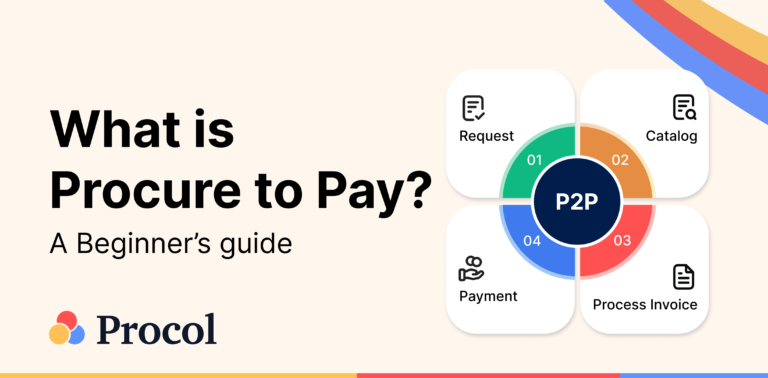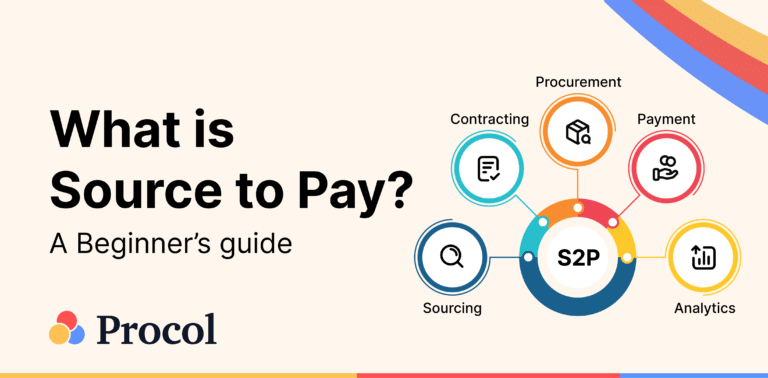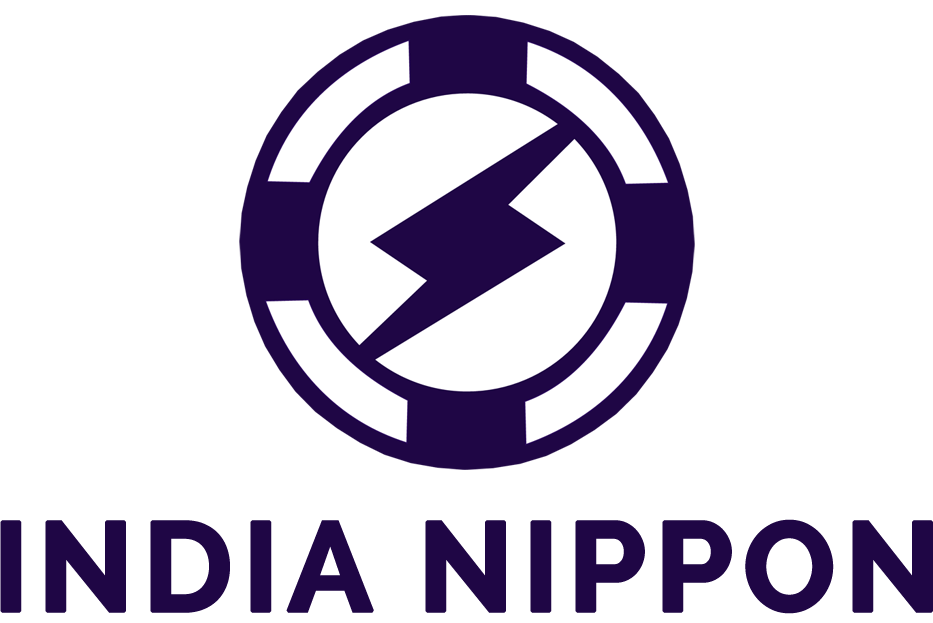Understanding Contract Audit
A contract audit is a review and evaluation of performance or data conducted to see whether one or more contracting parties have complied with the obligations or standards stated in the agreement. As stated in the contract, these audits are carried out by the parties’ agreement, as opposed to audits mandated by law.
Contract audits are a valuable tool for cost management and quality improvement. The parties may agree to audits of pertinent financial records, for instance, when costs are a component of the amount paid under a contract. A provision mandating an examination of the caliber of features or services might be utilized to guarantee quality. Additionally, audits can be used to assess if parties are fulfilling all of their contractual commitments.
Contractors and other parties frequently consent to contract audits. Contract audits are frequent for those that do business with governmental organisations. The government has started to rely more and more on contractors’ services over time. Because it understands its responsibility to protect taxpayer funds, the government relies on contract audits to assure compliance with contractual requirements and to guard against waste, errors, and fraud. The government views these terms as an essential part of the procurement procedure.
How to Perform a Contract Compliance Audit
Numerous advantages of a contract audit include cost recovery, process optimisation, preventing fraud, and risk management.
- Starting small and performing the audits in batches is best practice if you intend to carry out your audits (ex – by contract type). Take into account how extensive the audit is. Find out if the entire contract is being examined or just a few problematic areas. Once you’ve put what you’ve learned into practice, you’ll be ready to proceed with the subsequent contract batches.
- Make careful to set up specific goals. An organization must decide its purposes by reviewing its contracts and conducting an audit. This can be achieved by laying out clear objectives in advance. Otherwise, performing the audit in the first place won’t make any sense.
- Think about timing. Always undertake audits when you can improve procedures or recover overpayments. Several variables may have an impact on this, all of which depend on the kind of relationship you have with your distributor.
- If possible, it is desirable to employ qualified consultants and lawyers to conduct an audit. These experts can provide insight and share their knowledge on contract compliance audits since they have seen numerous comparable contracts throughout their careers.






















